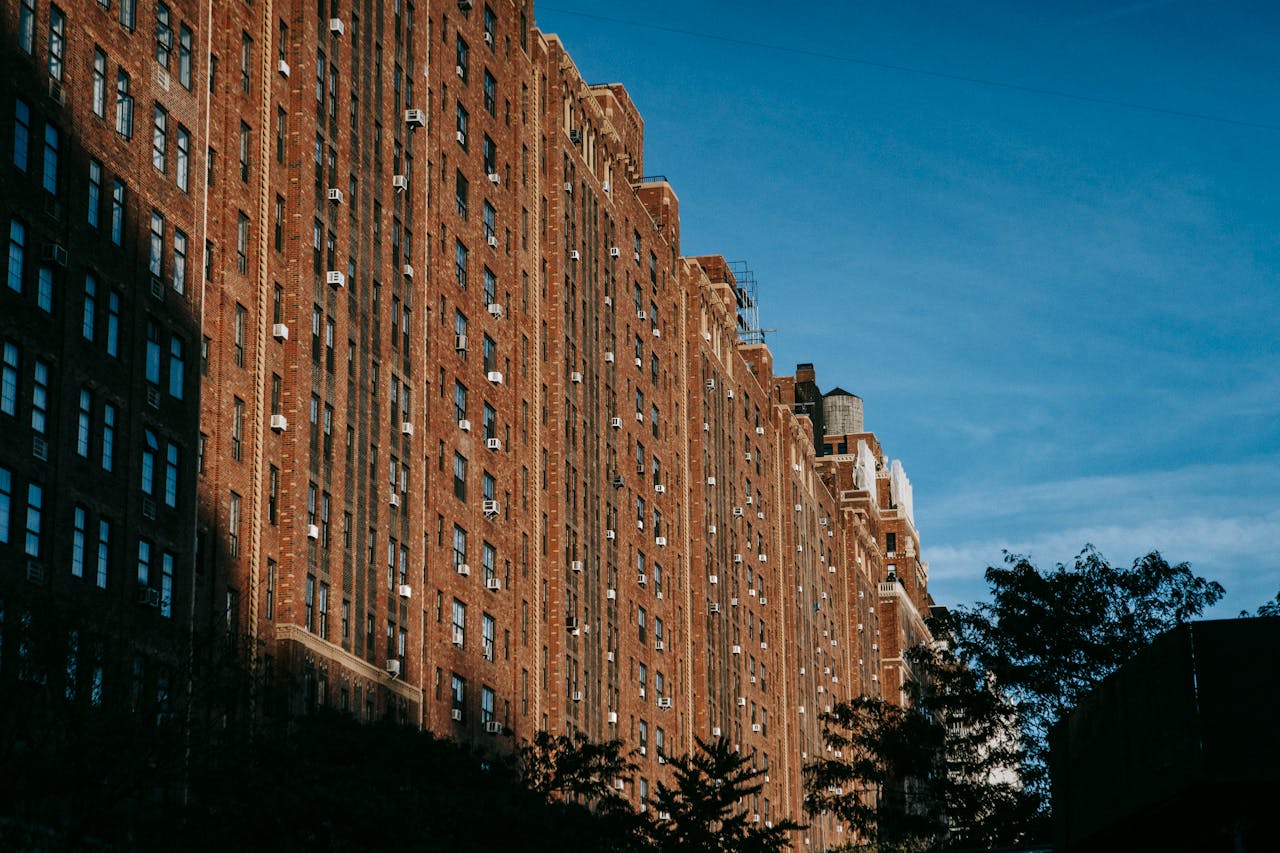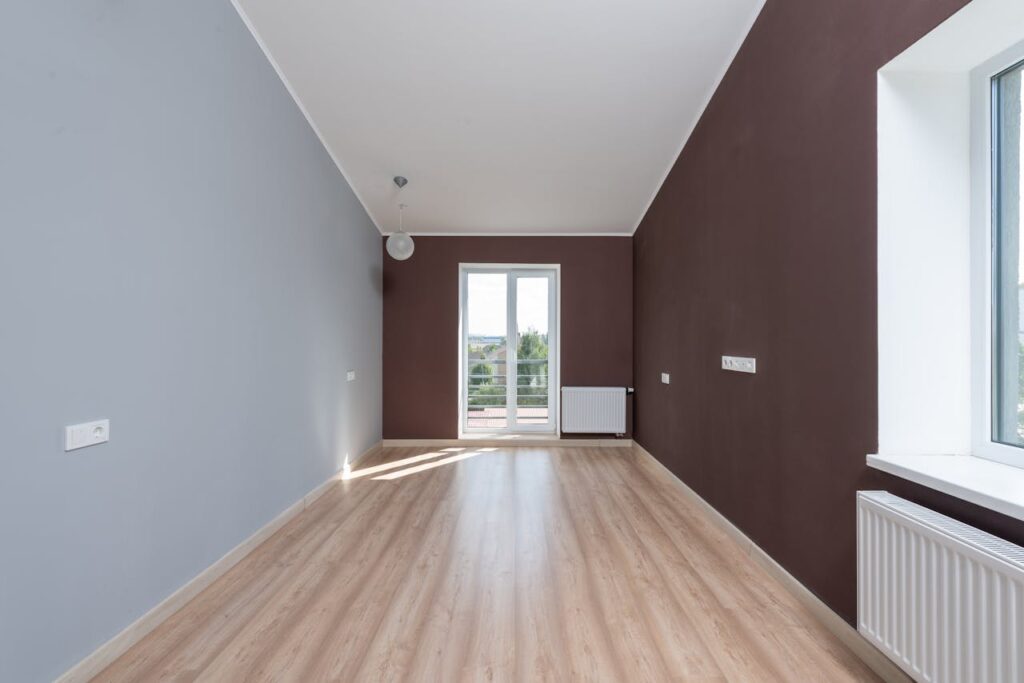
Estimated reading time: 6 minutes
Renters often believe the monthly payment tells the whole story. It does not. The costs of renting in major U.S. cities cover far more than rent itself. Every lease hides fees, deposits, and services that raise the total price. In high-demand markets, a simple move can stretch your budget if you are not prepared. Knowing what to expect protects you from stress and keeps your finances healthy.
Ask Yourself: How Much Rent Can You Afford
Before signing, always ask yourself how much rent you can afford. The base rent is only one part of the commitment. You need to measure it against your income, other debts, and your long-term savings goals. Experts often suggest keeping rent under 30 percent of your income, but that figure can be tough in cities like San Francisco or New York. Review your numbers, make realistic choices, and plan for every cost around your rent.
Security Deposits and Application Fees Add Up
Landlords usually ask for a security deposit before move-in, often equal to one or two months of rent. On top of that, many require the first and last month’s rent, plus non-refundable application and credit check fees. These upfront expenses add up quickly and often surprise renters.
In addition, the financial picture gets even more complicated when crossing state lines, like moving from NJ to NYC. Beyond the basic rental costs, there are the adjustments you need to make for higher rent, steeper taxes, and added city fees. Daily expenses also shift—commuting costs, subway passes, and even groceries in Manhattan often stretch the budget more than in New Jersey. Understanding these differences between NJ and NYC in advance allows you to prepare, avoid sudden financial strain, and build a budget that works for your new lifestyle.
Utilities Can Become a Heavy Burden
A common surprise for new renters is how many utilities are not included in the rent. Some landlords cover water or trash pickup, but electricity, gas, internet, and even heat are often extra. In older buildings, winter heating bills can spike. Air conditioning in hotter states can raise summer bills sharply. Always ask for average utility costs before agreeing to a lease. These numbers help you avoid surprises when the first bill arrives. Ask neighbors if possible; they often know true seasonal costs better than online listings.
Transportation and Parking Have Real Costs
If you own a car, expect to pay more. Parking garages and permits in city centers can cost hundreds each month. Street parking may be limited or restricted, and insurance often rises in high-density areas. Public transit is cheaper but still requires a pass or regular tickets, and rideshares add up fast. These are all part of the costs of renting in major U.S. cities, so compare your travel needs and include them in your rental budget to avoid financial strain.
Furnishing and Moving Expenses Can’t Be Ignored
Many people forget about furniture until they move into an empty apartment. Even if you own pieces already, transporting them costs money. Movers, rental trucks, storage units, and packing materials can all exceed expectations. If you are moving across states, costs rise fast. Consider secondhand stores or renting furniture temporarily to ease your budget. Remember to include cleaning services or disposal fees for items you leave behind. Planning these details early prevents last-minute purchases that hurt your savings.

Plan your furniture and moving needs early to avoid surprise expenses, and start comparing moving and storage options now.
Build a Safety Net with Smart Financial Planning Tips
Life does not always go as planned. Hours can be cut, appliances break, or health issues arise. A strong savings plan keeps you safe. Building an emergency fund equal to at least three months of expenses is wise. Use simple financial planning tips like setting up an automatic transfer to savings or separating rent money into its own account. That ensures you can cover sudden costs without panic. Even small weekly deposits can build a meaningful cushion over time.
Repairs and Lease Details Can Add Fees
Leases vary, and those differences matter. Some include small repairs, while others make you responsible. Replacing light bulbs, smoke detector batteries, or even doing minor yard work could fall on you. Misreading these details can result in unexpected costs. Always check rules about late fees or lock changes, and ask questions if something is unclear. Clarifying responsibilities before you sign saves stress and protects your budget. Keeping a list of what you agreed to can avoid disputes later.
Costs of Renting in Major U.S. Cities: Pets Bring Extra Expenses
Loving a pet in a rental comes with its own price tag. Many landlords require a pet deposit or a monthly pet rent. Some limit the number, size, or breed of pets allowed. If you own an animal, check the lease before you commit. Beyond the landlord’s charges, regular care like food, grooming, and vet visits should be factored in. For pet owners, these costs can be as high as some utilities. It is also wise to look for rentals with pet-friendly policies to avoid unexpected fees or restrictions later. Some renters even take out pet insurance to reduce surprise vet bills.

Factor pet-related costs into your rental budget and choose pet-friendly homes to avoid unexpected fees—start searching for those policies now.
Stay in Control When You Plan Your Housing Expenses
To stay on top of city rent, use clear budgeting. When you plan your housing expenses, you see the big picture and catch problems early. Spreadsheets or apps can track due dates and amounts. Include rent, deposits, fees, transportation, and insurance. This full view keeps surprises away and shows if you need to adjust spending in other areas. Organized records also help when you move again or need to prove payments.
Final Thoughts on Costs of Renting in Major U.S. Cities
The costs of renting in major U.S. cities are not just about paying monthly rent. Deposits, travel, utilities, and even pets can stretch your budget. Many renters get caught off guard by these hidden items and face stress or debt as a result. You can avoid this by planning, knowing your limits, and staying flexible. Every dollar saved now helps later. Smart renters know that understanding all costs before signing a lease is the best way to ensure financial security. When you treat renting as a complete financial commitment, not just a single payment, you protect both your wallet and your peace of mind.